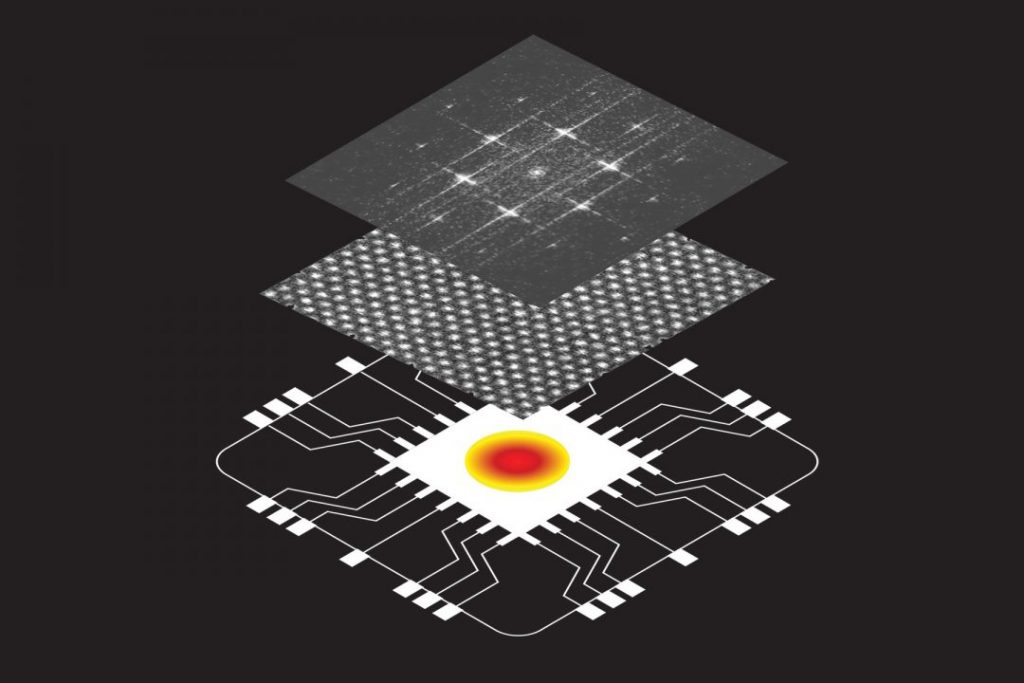“Hotspots” in computer chips are a common issue known to be extremely detrimental to their performance.
As a result, a team of engineers from UCLA, led by Yongjie Hu, have developed a new semiconductor material which draws heat away from hotspots much faster than current materials, representing a potential breakthrough in the future of thermal management designs from computer processors to LEDs.
Technology keeps improving resulting in computer processors getting smaller and smaller, and as such, generating more and more heat.
Today, efficiently managing heat in electronics has become synonymous with high performance as high heat slows down processor speeds and a ton of energy is expended keeping processors cool.
The new semiconductor material from UCLA is designed to enable CPUs to work faster and stay cooler longer, with the new material exhibiting a record-high thermal conductivity, more than three-times faster at conducting heat than currently used materials, such as silicon carbide and copper.
“This material could help greatly improve performance and reduce energy demand in all kinds of electronics, from small devices to the most advanced computer data center equipment,” Hu said. “It has excellent potential to be integrated into current manufacturing processes because of its semiconductor properties and the demonstrated capability to scale-up this technology. It could replace current state-of-the-art semiconductor materials for computers and revolutionize the electronics industry.”
For more details, check out the full study here.






